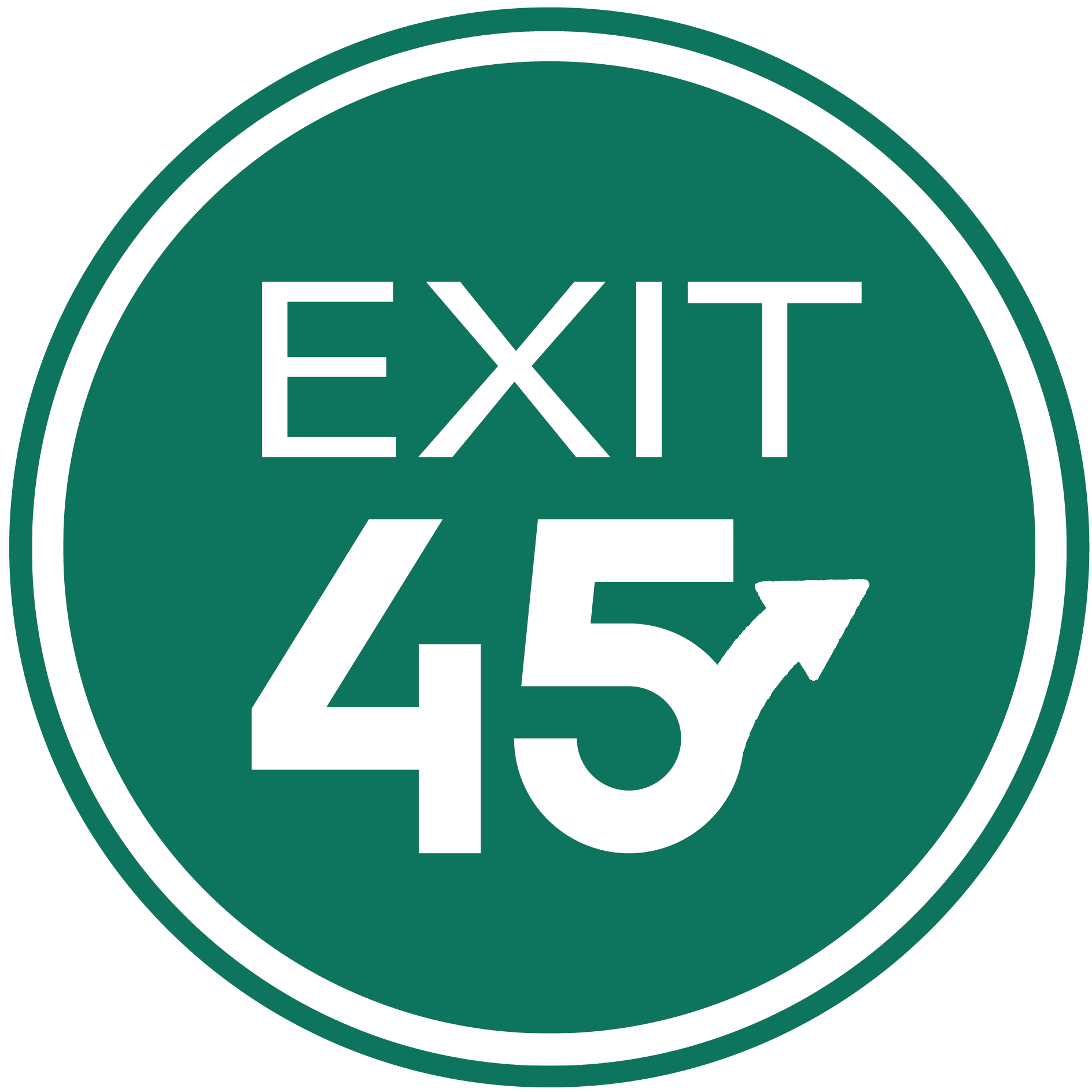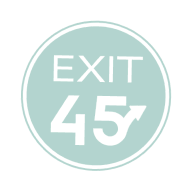Contingency Planning - Facing Your Own Mortality
In the last issue (#51), we reviewed some interesting Retirement Satisfaction Statistics. In this issue we will highlight the need for Contingency Planning – Facing Your Own Mortality.
" Do not try to live forever. You will not succeed." George Bernard Shaw
Contingency Planning - Facing Your Own Mortality
When a business owner dies (or becomes incapacitated) earlier than expected without a contingency plan to deal with the situation, often the company cannot survive the owner’s death or absence.
Ben Franklin wrote “…in this world, nothing is certain but death and taxes.” As he often was, Franklin was spot on with those words. It is a certainty that we will all die and unfortunately we can’t be sure when our time is up. It seems everyone knows of someone who died prematurely.
50 to 90% of your net worth may be at risk
When a business owner dies (or becomes incapacitated) earlier than expected without a contingency plan to deal with the situation, often the company cannot survive the owner’s death or absence. Studies show that the business represents 50-90% of a typical business owner’s net worth. So the business owner’s family is not only overwhelmed by the personal loss of someone they love, they may also be devastated financially. A 50% to 90% loss in net worth is not the type of legacy you want to leave your family. For their years of emotional support during your entrepreneurial business ownership struggles and efforts, they deserve more.
Do not procrastinate
Most of us have a tendency to avoid facing our own mortality. It’s not enjoyable to consider your own death. So, we put off designing a will and estate planning because it requires us to think about dying. But as Ben Franklin wrote, it is a certainty, it is going to happen. And we do need to face it. Especially as a business owner, where a large portion of your net worth is tied to the business, you are not being fair to your family or others in the business if you procrastinate.
Of all the articles in our newsletter series, heed the advice of this one and get started on a contingency plan TODAY! Overcome the Power of Inertia, do not procrastinate and do something NOW. (While you’re at it, start working as well on your “alive” exit plan, it’s more enjoyable.)
Examples of problems encountered if no contingency plan exists
Your premature departure, if you are the sole or primary owner, can result in several problems for the business. There may be a leadership vacuum. Who is going to run the business if you are not there? What’s going to happen to the business? Will it be sold, liquidated or continue under new management? Employees may worry the company will not survive and begin to look for other jobs. Especially if you have personally guaranteed loans, lenders may call in outstanding debts. Customers may become concerned and switch to your competitors. Concerned vendors may detrimentally change the company’s payment terms, perhaps requiring cash on delivery. Without a contingency plan, the company is unlikely to survive these types of scenarios.
Develop a written contingency plan in conjunction with your advisors
You need to work with your family, your employees and professional advisors (including your attorney, your CPA, your lenders, a life insurance specialist, and possibly a professional exit planner and a professional intermediary) to develop a written contingency plan. The plan should address what your intentions are for the company if you die unexpectedly. What will ultimately happen with the business? Who will be in charge in the interim on a daily basis until a final disposition is made? You may need to incorporate “stay bonuses” for employees to entice them to stay for a year or two after your death so the business can survive through a difficult transition period without you. If the company is to be sold, identify the intermediary with whom you are comfortable.
Most companies will struggle for a while after the loss of the owner. In most instances, it’s a good idea to fund the transition period, including the need to have monies available for debt service and employee “stay bonuses” through life insurance. Work with your professional advisors and a qualified insurance professional to determine the appropriate solutions for your situation.
Contingency plans do not need to be confidential
Whereas confidentiality is very important when you are trying to sell a business, the opposite is true with a contingency plan. You want all the parties mentioned above to participate and be knowledgeable of the details of your contingency plan. If something unexpected happens, all parties will then have expectations of what should occur, aiding a successful transition.
What will be your legacy?
Without a contingency plan in place, if you die or become incapacitated next week, would your business survive? Would your family be devastated financially because most of your net worth is tied up in the business? Is that going to be your legacy?
Don’t let the absolute worst scenario develop for your family. Start working on a contingency plan TODAY and make it your top priority. What could be more important?
"We say that the hour of death cannot be forecast, but when we say this we imagine that hour as placed in an obscure and distant future. It never occurs to us that it has any connection with the day already begun or that death could arrive this same afternoon, this afternoon which is so certain and which has every hour filled in advance." Marcel Proust
Overcome the Power of Inertia
Overcome the Power of Inertia and call a business broker for a free consultation. Many brokers offer no-charge, no-obligation evaluations of small businesses. They can provide a broker opinion of value and help you identify obstacles to a successful sale as well as opportunities for improvement to increase the value of your business. That is a great way to start planning for a successful and profitable exit from your business.

